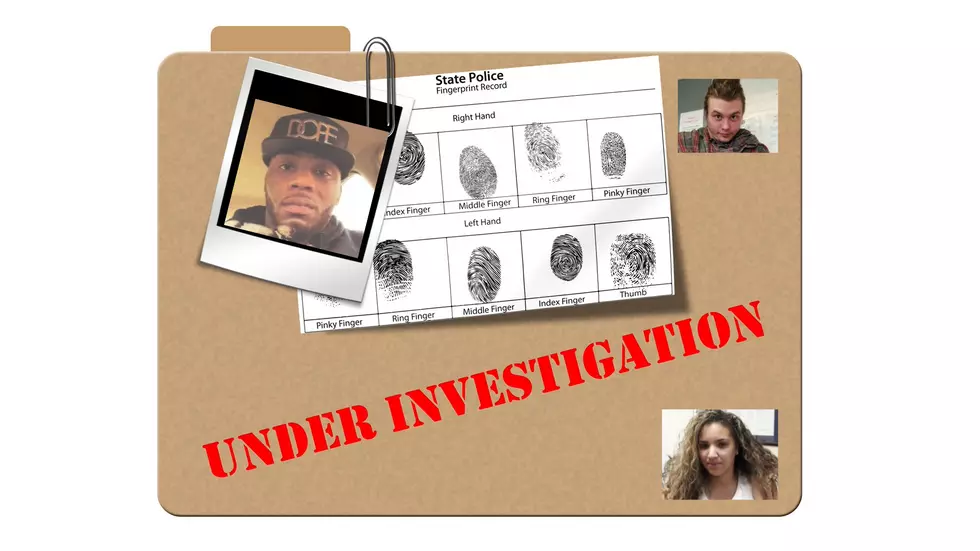
Brookfield’s First COVID-19 Patient Is Recovering at Home, First Selectman Says
Brookfield's first positive case of the novel coronavirus is a man who is reportedly recovering at home.
According to the town's First Selectman Steve Dunn, the Brookfield Director of Public Health confirmed the case on Wednesday (March 18).
The unidentified patient is said to be a man between the ages of 45 and 64, and due to the HIPPA privacy rule, will remain unidentified. He is currently isolated and recovering at home under self-quarantine.
Officials assure the public that all close contacts of this person will be notified by the epidemiology section of the State Department of Public Health.
In a state on Wednesday evening, First Selectman Steve Dunn said that town officials "will continue to post updates as needed to our residents in the coming days."
According to the Department of Public Health, risk of becoming infected with COVID-19 is considered low for people who had contact with an individual who does not have COVID-19 and does not have symptoms. In other words, a contact of a contact is considered low risk.
To stay informed on the evolving coronavirus situation throughout the country, visit the Centers for Disease Control and Prevention's Website (CDC).

The Governor's Office has also provided residents with some important messages to keep in mind:
- People without symptoms should not be tested for COVID-19. Testing individuals with no symptoms is not recommended by CDC.
- If you were with someone who does not have symptoms, the risk of transmission is very low.
- There are many respiratory illnesses circulating in Connecticut, such as the flu and the common cold. Having respiratory symptoms does not mean that you have COVID-19.
- People are at higher risk for COVID-19 if they have symptoms of the virus (cough, fever, shortness of breath) AND if they were a contact of a positive case of COVID-19 (or have traveled to country with community transmission, such as China, Italy, South Korea, Iran, and Japan).
- Someone is considered a contact if they have had direct, face-to-face contact with a person with COVID-19.
- People who think they have COVID-19 should call their healthcare provider. These people should not go directly to a healthcare facility without first calling a healthcare provider (unless they are experiencing a medical emergency).
- People with general questions about COVID-19 can visit ct.gov/coronavirus or call 2-1-1.
- Everyone can help stop the spread of viruses in Connecticut.
- Get your flu shot, and make sure the people around you do the same.
- Wash your hands often throughout the day. Use warm water and soap. If soap and water are not available, use alcohol-based hand gel.
- Cough or sneeze into your elbow. Viruses can spread by coughing or sneezing on other people or into your hands.
- Stay home from work or school if you are sick.
- Avoid touching your eyes, nose, or mouth. Germs spread this way.
- Get plenty of sleep, be physically active, manage your stress, drink plenty of fluids, and eat nutritious foods.
- Keep surfaces (especially bedside tables, surfaces in the bathroom, and toys for children) clean by wiping them down with a household disinfectant.
More From The Wolf









